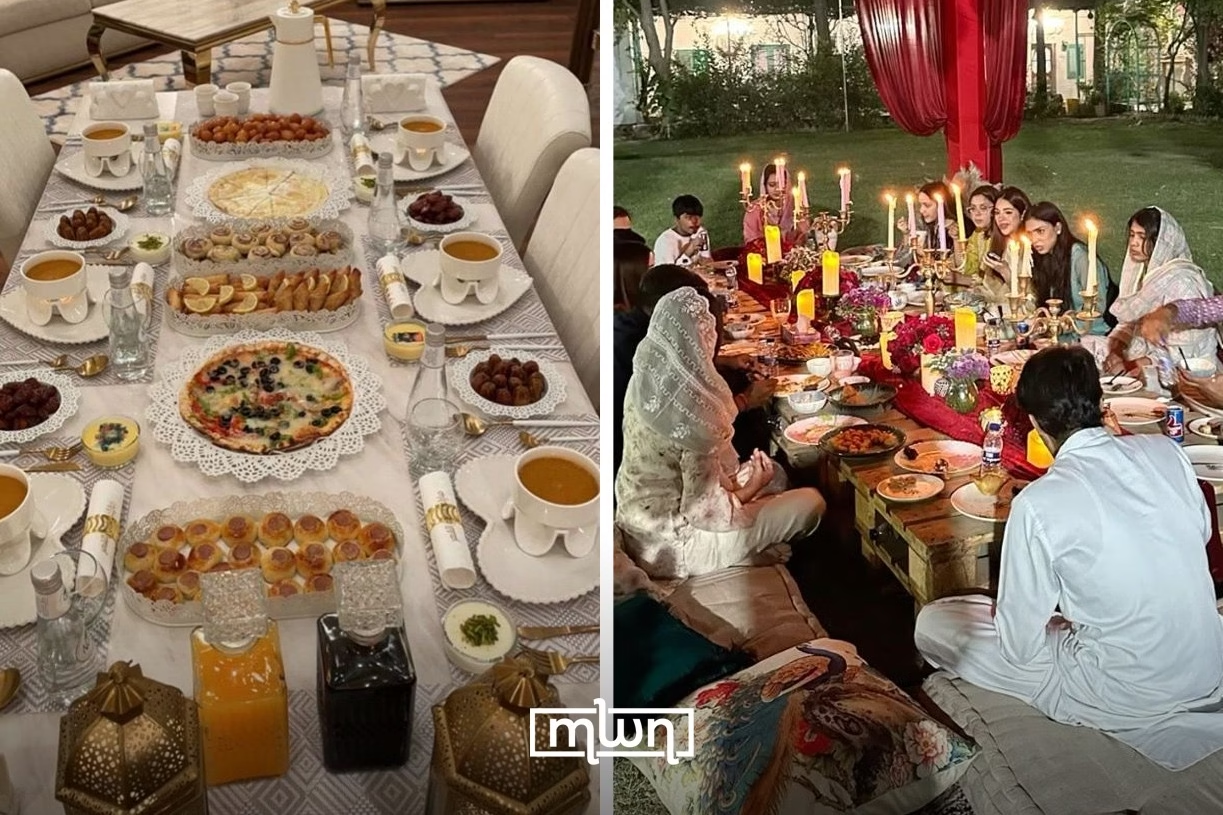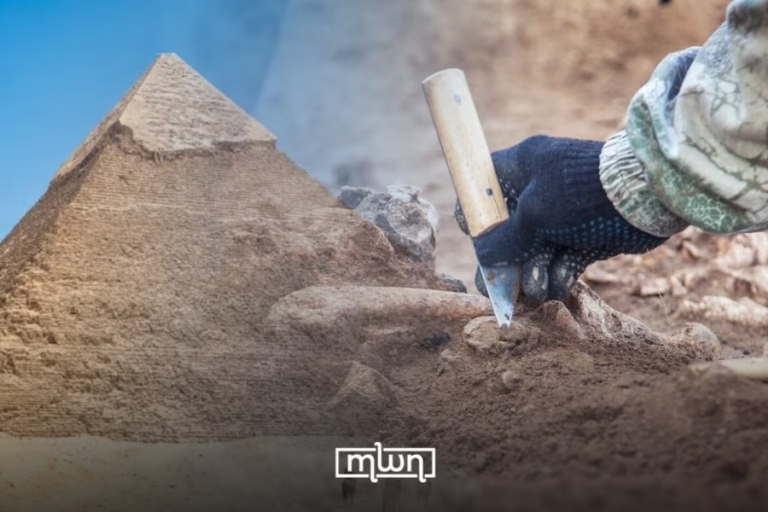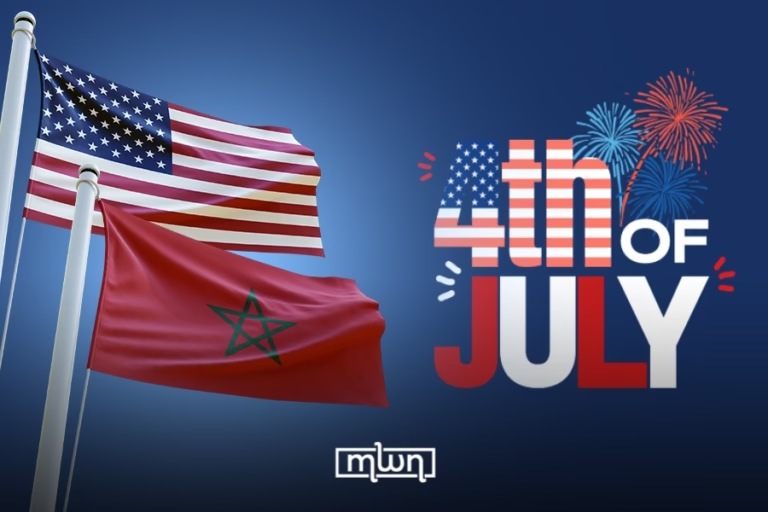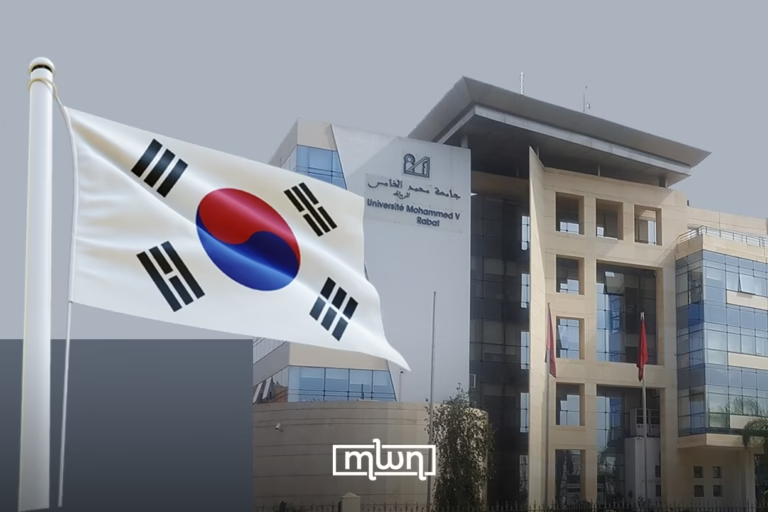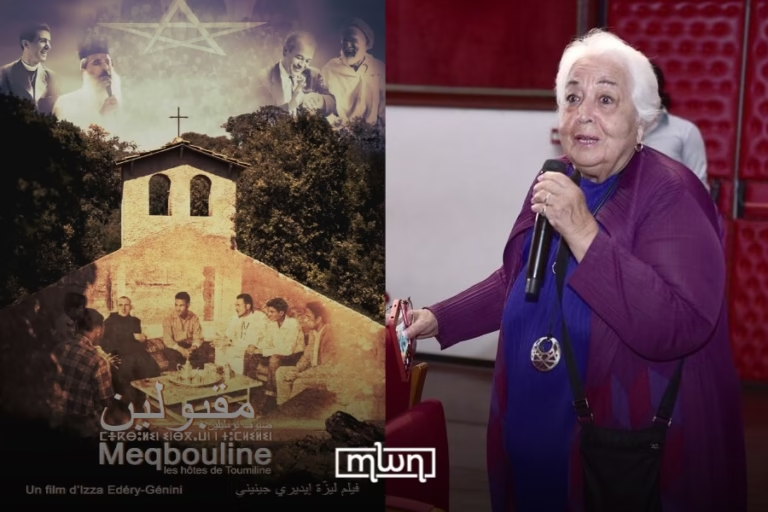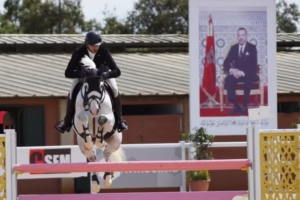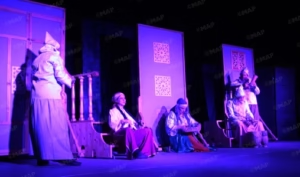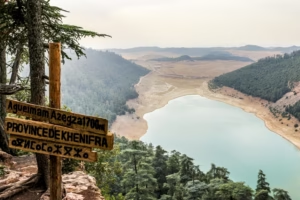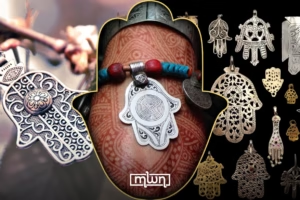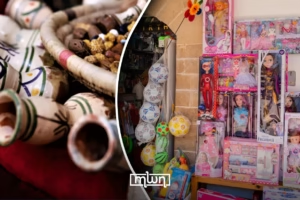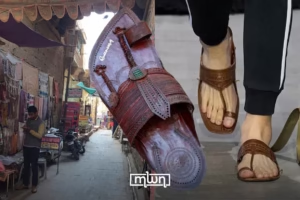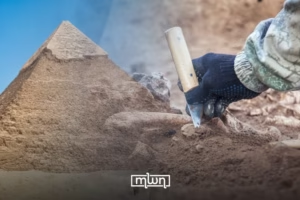Marrakech – Maybe it was the time my mom playfully smacked my hand away from the chebakia plate before the call to prayer.
Or the year my cousin and I got into a silent war over the last briouate.
Or maybe it was every single evening when, no matter what was happening in our lives, we all found ourselves around the same table, sharing the same soup, breaking the same bread.
There’s something about ftour that feels sacred — not just in the spiritual sense, but in the way it forces us to slow down and come together.
Ramadan days can be long, testing every ounce of patience we pretend to have.
But the moment maghrib hits, there’s a shift.
The world goes quiet, and for a few precious minutes, nothing else matters except the people around you and the dates on your plate.
And yet, in a world where schedules are packed tighter than a maamoul cookie, family ftour is slowly becoming… optional.
Work, social plans, and endless scrolling mean more people are breaking their fasts solo or in a rush, treating ftour like a pit stop rather than a pause.
But isn’t that exactly the opposite of what Ramadan is about?
Ftour isn’t just about eating — it’s about reuniting.
It’s the collective sigh of relief after a day of patience.
It’s the unspoken love in passing someone their favorite juice before they even ask.
It’s the inside jokes whispered between bites of msemen, the gentle scolding from elders when you fill your plate too fast, the warmth of knowing you are exactly where you should be.
So maybe this Ramadan, we make an extra effort to sit down at that table, no matter how chaotic life feels.
Because one day, we’ll look back, and it won’t be the individual ftours we remember.
It’ll be the ones where we laughed too much, ate too much, and felt, even for a little while, like time had stopped just for us.

